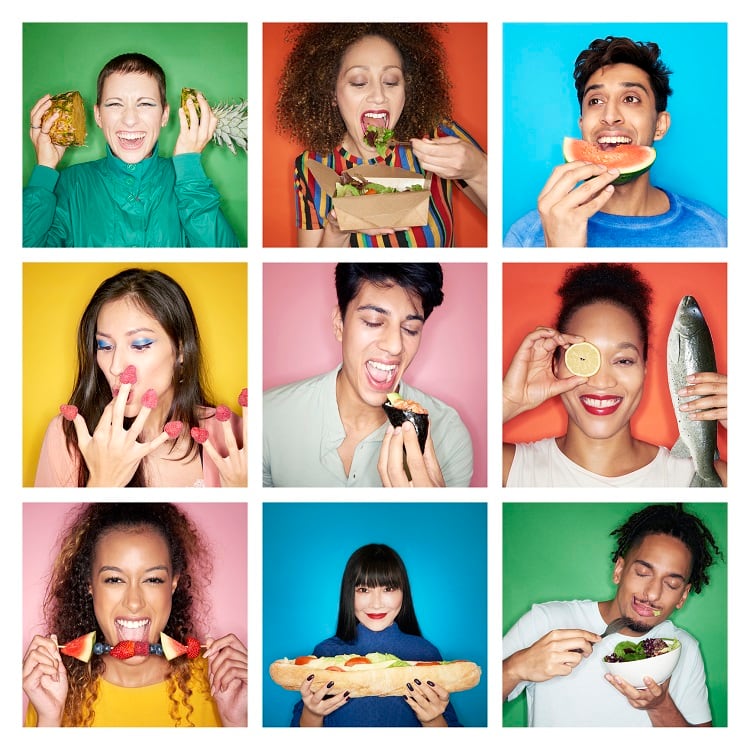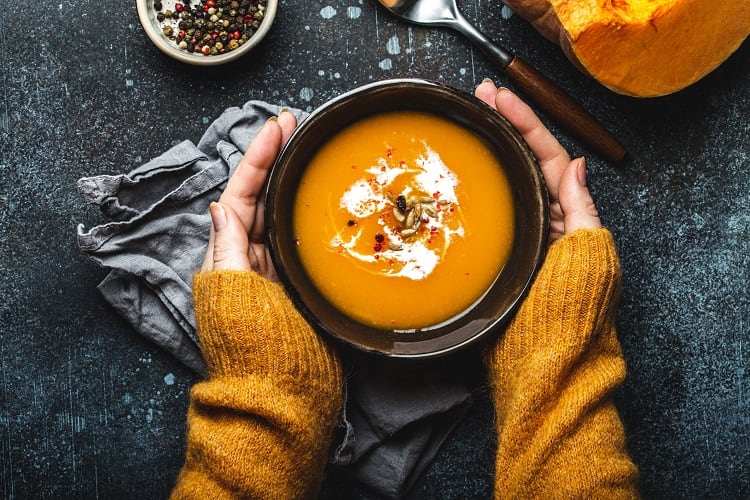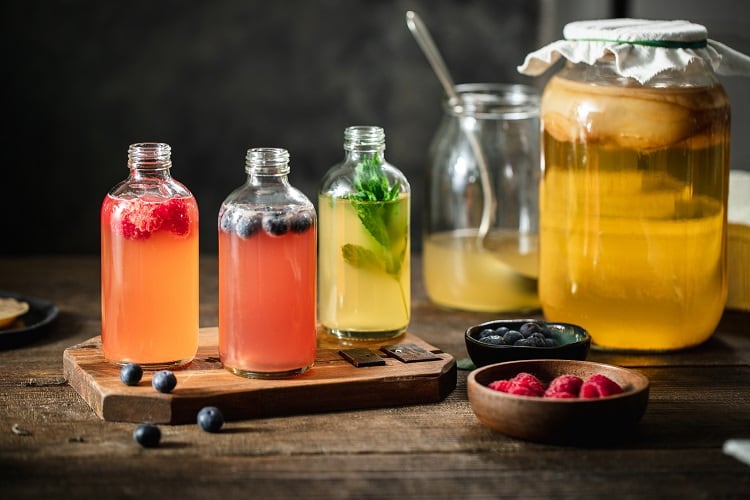If you’ve so much as glanced at social media in the last few years then you’ll be well acquainted with Generation Z, also known as Gen Z or Zoomers. Why? Because, as the first generation to have had full access to the internet, they are fully immersed in the world online. In fact, they dominate it.
"Zoomers stand out for their innate ability to adapt to and excel in today's digital landscape. With constant internet access, mastery of social media, and mobile devices at their fingertips, Gen Z's technological prowess is evident in their seamless and intuitive adoption of online shopping and transactions," says Stephanie Chevalier, global e-commerce expert at Statista.
However, one thing you might not realise about Gen Z is that, as consumers, they are powerful. And that power is growing, with Tom Hedges, senior trends analyst at market research firm, GWI, saying that Gen Z is actually shaping our culture through social media.
But why is Gen Z so powerful in the consumer sphere?
What makes Gen Z powerful consumers?
Generation Z refers to individuals aged between 12 and 27 years old. Or to be precise, anyone born between 1992 and 2012. So, what makes this age range of consumers so influential?
Well, the primary reason is quite literally their age.
Gen Z includes consumers who are entering the workforce and growing into it. This means that Gen Z has that all-important expendable income.
According to market trends firm, Exploding Topics, Gen Z’s global purchasing power is 450 billion USD, and this figure is expected to rise in the coming years as they mature into their maximum earning and purchasing potential.
But it’s not just the older members of Gen Z who hold purchasing power. Their younger counterparts claim it too, through their abilities to pester their parents into buying them the drinks and snacks they desire, a phenomenon known as ‘pester power’.
“Advertising products directly to children, who usually have no means to buy things for themselves, might not sound like the smartest move, but marketers have known for a long time just how effective using children to advertise by proxy can be,” says Clare Seal, a money writer for British bank, NatWest.
However, while Gen Z carries a lot of buying power, their predecessors - Millennials, Gen X and Boomers - are not to be discounted. Because, though they may be at different stages in their lives, they still carry a lot of spending power. In fact, Boomers purchasing power leaves Gen Z in the dust, at 548 billion USD a year. This makes Boomers the most financially powerful generation, but with one significant difference, this generation is in decline while Gen Z is entering its prime.
So, what is the young and influential Gen Z buying?

What is Gen Z buying?
Gen Z is incredibly unique in its purchasing style. They haven’t just moved the needle on what they’re buying, when compared to their generational predecessors, they’ve completely changed the conversation. While Millennials, Generation X and Boomers were more commonly known for alcohol consumption, and an arguably more sedentary lifestyle, Gen Z is strongly leaning into health and wellness. And this has significantly influenced eating and drinking habits.
“The diets of Gen Z are notably different from those of previous generations due to the increasing accessibility of health and fitness information online,” Kyle Crowley, a nutritionist at protein powder brand, Protein Works, told FoodNavigator. “Unlike Millennials and Gen X, who relied more on traditional media that often pushed narrow beauty standards and restrictive diet ideals, Gen Z has grown up with a wealth of information at their fingertips through platforms like TikTok, YouTube, and podcasts. Influencers and new scientific research, widely disseminated on social media, have reshaped their understanding of nutrition and fitness."
And this move towards a healthier lifestyle has also helped to contribute towards one of the most powerful food and beverage trends of the past five years - gut health.
What's more, alcoholic drinks have fallen out of favour with this younger generation, resulting in a decline in alcohol consumption across Europe.
This is in part, a result of the health implications of drinking alcohol and also a result of the fact that forms of entertainment have changed dramatically. When once, many went to a pub or bar after work, now they might go to the gym or to a fitness class, as gym culture takes off. The terms #fitness, #fitspo, #fitfam, and #fitgoals, dominate social media as one of the most searched and posted-about forms of content. And most influencers are more likely to post an image with a post-workout protein shake than with a pint.
“A notable percentage of Gen Z is abstaining from, or moderating, alcohol consumption and viewing fitness as a social activity rather than just a physical pursuit,” says Crowley.
However, in addition to exercise and healthy living, Gen Z is also happy to indulge in sweet treats as their vice of choice.
"Whereas previous youth cohorts used alcohol or smoking to de-stress and escape their worries, Gen Z uses treats,” Jonny Forsyth, director of Mintel Food & Drink, told FoodNavigator.
Gen Z is also following in the footsteps of Millennials, in continuing to drive the plant-based trend forward.
"Younger consumers are driving the consumption of vegetarian and vegan food, and this trend presents a significant opportunity for sustainable food brands," says Tove Malmqvist, senior manager for insights and strategy consultancy firm, GlobeScan.

How is Gen Z influencing other consumers?
While Gen Z are extremely powerful consumers, for their own buying power, they are also incredibly powerful in influencing other consumers. How? Through their prolific use of social media.
"Gen Z consumers are influencing other generations through their health and wellness trends,” adds Crowley. “Their approach to diet and fitness is gradually reshaping societal norms, as older generations become increasingly aware of and adopt Gen Z's more holistic view of health. The prevalence of social media means that Gen Z's health trends are widely shared and visible, impacting the attitudes and behaviours of other age groups.”
And that influence is reaching beyond food and beverage, and into supplements.
“The market is also responding to Gen Z's preferences, such as the increased demand for dietary supplements and high-protein foods, which influences the purchasing habits of older consumers,” adds Crowley. “This cross-generational influence highlights the growing impact of Gen Z’s health and wellness perspectives."
How can brands attract Gen Z consumers?
Engaging with Gen Z is an essential part of futureproofing any food and beverage brand, as they’re not only powerful consumers themselves, but they’re influencing the next generation of powerful consumers – Generation Alpha.
But how do you engage with them? Through social media. It’s where they go for entertainment and to interact with their friends. Join Instagram and TikTok, and start posting about your brand – keep it light and keep it fun, and you’ll be winning them over while quietly making them aware of your products – advertising by stealth. And, for the older members of Gen Z, LinkedIn offers a place to interact with them as they enter the workforce and build their career.
“LinkedIn has become much more of a place for everyday conversation, and tips and advice,” said Alison Battisby, founder of marketing company Avocado Social, at IFE 2024. “Engagement on the platform has doubled over the last year, with a lot more people posting, commenting, sharing and liking. It’s worth being on LinkedIn because consumers are on LinkedIn.”
Discover more about how to engage with consumers through social media, with our feature Increasing consumer engagement through social media






